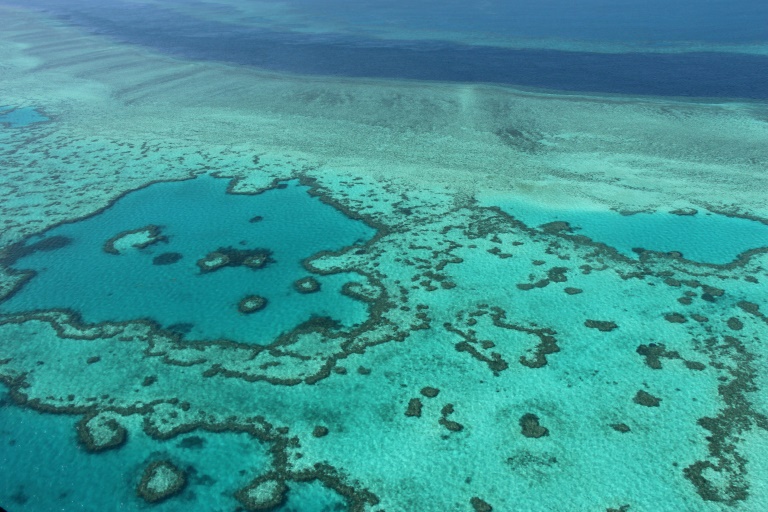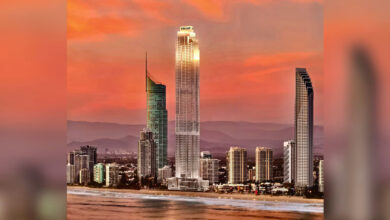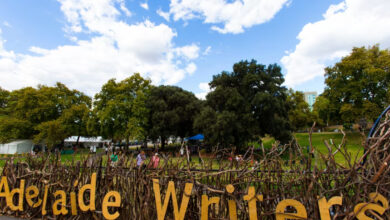
Australia approved Thursday the construction of a controversial coal mine near the Great Barrier Reef, paving the way for a dramatic and unfashionable increase in coal exports.
Queensland’s government said it had accepted a groundwater management plan for the Indian-owned Adani Carmichael mine — the last major legal hurdle before construction can begin.
The project, fiercely debated for almost a decade, comes as investors and even energy companies are moving away from fossil fuels amid concern about the climate.
Opponents warn it will create a new generation of coal exports — which will be burned in India and China — contributing to further degrade the planet.
The vast open cut mine is slated to produce up to 60 million tonnes of coal a year, boosting Australia’s already vast exports by around 20 percent.
Coupled with the construction of a railway link, it could open up a swathe of Queensland to further exploitation and new mining projects.
“If all the coal in the Galilee Basin is burnt it would produce 705 million tonnes of climate pollution each year, which is more than 1.3 times Australia’s annual pollution from all sources, including cars, industry, energy and agriculture,” said the Australian Conservation Foundation.
In the emissions stakes, Australia is a minnow compared to the bellowing economies of China or the United States.
But its role as the world’s largest coal exporter gives the country outsized influence in the climate stakes.
Conservationists also say the mine threatens local vulnerable species and means coal will have to be shipped from a port near the World Heritage-listed Barrier Reef.
Supporters say it will bring thousands of much-needed jobs to rural Queensland.
Politics and market forces
Adani indicated construction work would begin within days and last around two years, allowing the first lump of coal to be sold around 2021.
 AFP / PETER PARKS The Adani coal mine has been under fierce debate — and protest — for almost a decade
AFP / PETER PARKS The Adani coal mine has been under fierce debate — and protest — for almost a decade“We are looking forward to getting going,” said local company executive Lucas Dow.
Thursday’s decision draws a line under a rancorous debate, which reached boiling point during the latest Australian general election.
That vote took place amid discussion of brutal droughts, floods and wildfires that had highlighted the country’s susceptibility to climate change.
Victory for the incumbent conservative Liberal Party had virtually assured the project would go ahead.
In Queensland, voters swung hard to the government fearing a Labor government would curb mining projects and cost them jobs.
Still, debate is likely to continue — and some believe the mine is not yet a certainty.
While the Queensland state approval will permit preliminary construction, the firm must obtain some federal approvals before it can begin extracting coal.
The company will also still have to contend with low coal prices and a global shift to renewable energy, which could make the project less profitable.
Financing has already been a problem, with the company rejected by many fossil-fuel-wary institutions and forced to fund itself.
On Wednesday Norway’s US$1 trillion sovereign wealth fund — the world’s largest — became the latest investor to announce a withdrawal from stocks like Australian-linked BHP and Rio Tinto.
But Adani — owned by billionaire Indian businessman Gautam Adani — has been determined to press ahead.
“The way we have configured the mine and future plans make economic sense,” insisted Dow. “It will endure through the price volatility typically our industry sees.”




